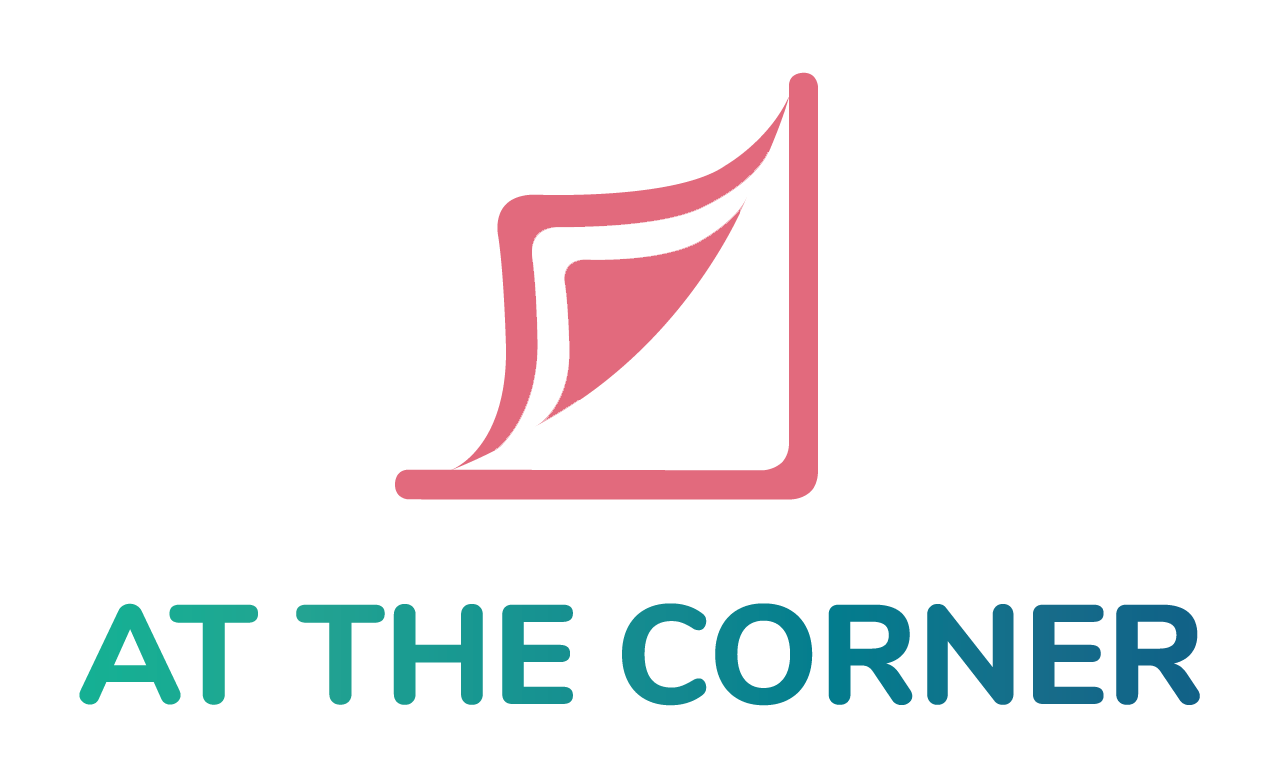Disability Rights Here and Beyond
Your Rights As A Consumer
Everyone with should expect to receive quality goods and services.
Equal access and equal opportunity means that also applies equally to people with a disability and the supports provided. This page is about some of the rights you have and the organisations who protect those rights and provide you with help if something is wrong
The National Disability Insurance Scheme was a great leap forward for disability rights in Australia, because it recognised that people with disabilities should expect good services. It doesn’t matter whether what a service is and whether that service is related to disability or not. Whether it is painting your house, washing the car, wiring a plug, or providing support for disability, your rights are preserved.
Protecting Your Right to Make Decisions
In the world before the NDIS, the power was sometimes in the hand of providers. They could take that money and provide little in return. But the NDIS is a set of policies and programs that provide choice and control. As a participant, you have the right to choose whoever you want to provide services. Just like how you can decide which shops you visit, you can, at last, choose which providers you work with. It’s all about you, and remember, nobody knows you like you do!
Equal Access
The idea of equal access has been around for a long time, but this is so important when it comes to selecting services that our community uses. The Australian Competition and Consumer Commission see this as so important that they have worked on producing information about how the rights of people with disabilities are protected by law. These measures are a great way of legislating the end of this kind of indirect discrimination, but that doesn’t yet mean everything is fixed. Some groups are more vulnerable, such as children with disabilities. Thankfully the Australian Government is recognising that. We are starting to work with the local police force as part of our initiative to help people engage with criminal justice system and make sure that things work better.
Work With Us
If you have any queries, if you need help with service you have received and want to make things better, then talk to us. We will help. And if you choose to let us provide your support coordination, then we will spend more time with you in supporting you to uphold your rights.
The United Nations and its Convention on the Rights of People with Disabilities
Where the Came From
The United Nations was a body created as one of the learnings from World War II. Its purpose was to provide a forum for countries to gather and work together so that they may resolve the differences peacefully, rather than with aggression.
During the reign of the National Socialist Workers Party in Germany, otherwise known or Nazis, one idea they, unfortunately, put into practice was to eliminate from society anybody whom they deemed needed extra support.
During an interview with a historian, we learnt that they even empowered particular doctors to administer death to people whom they deemed disabled. There was no appeal; the decision was up to the doctor
The UN aimed to provide a system of checks and balances, plus international exposure of immoral exercise of power by governments. Of course, like any government body, that doesn't always work so well, but we should respect the declarations and resolutions that the UN makes.
Protecting the Diginity of People with Disabilities
Remember, disability is important, and is being recognised better and better. 1 in 5 Australians has a disability of some kind - and don’t forget there are children with disabilities too. The Convention on the Rights of People with Disabilities is a long title for a very important international agreement. It forms the basis of many countries’ laws to protect the rights of people with disabilities. It is not about treating people as a charitable cause but about treating them as full and equal members of society. This covers them to have full equality under the law with any other person in society.
New Zealand played an important role in negotiating the Convention.
UN Convention: Rights of Persons with Disabilities
160 Signatories
172 Parties
171 States
The UN Convention on the rights of people with disabilities defines the group as:
“those who have long-term physical, mental, intellectual or sensory impairments which in interaction with various barriers may hinder their full and effective participation in society on an equal basis with others.”






